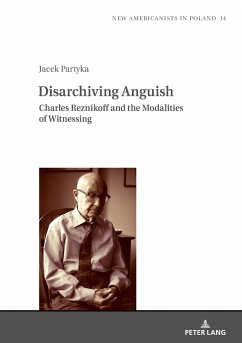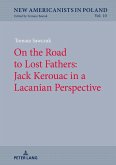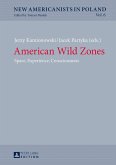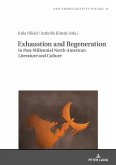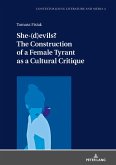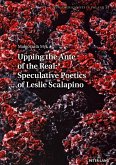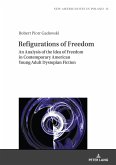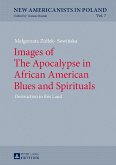The book examines the modalities of witnessing in the works of Charles Reznikoff. Associated with the so-called "Objectivist" group created in New York in the early 1930s, Reznikoff is often called a poet-witness because the material he draws on in his poetry and, to a lesser extent in prose, comes from his observations of urban life and from authentic testimonies he found in archives. Yet, the process of turning eye-witnessed situations and contents of depositions given by other witnesses into literary texts is far from objective. In particular, Reznikoff's use of archival material is informed by subtly camouflaged manipulation. To demonstrate various degrees of this change, the book centers on a comparative juxtaposition of the poet's works with the original documents.

